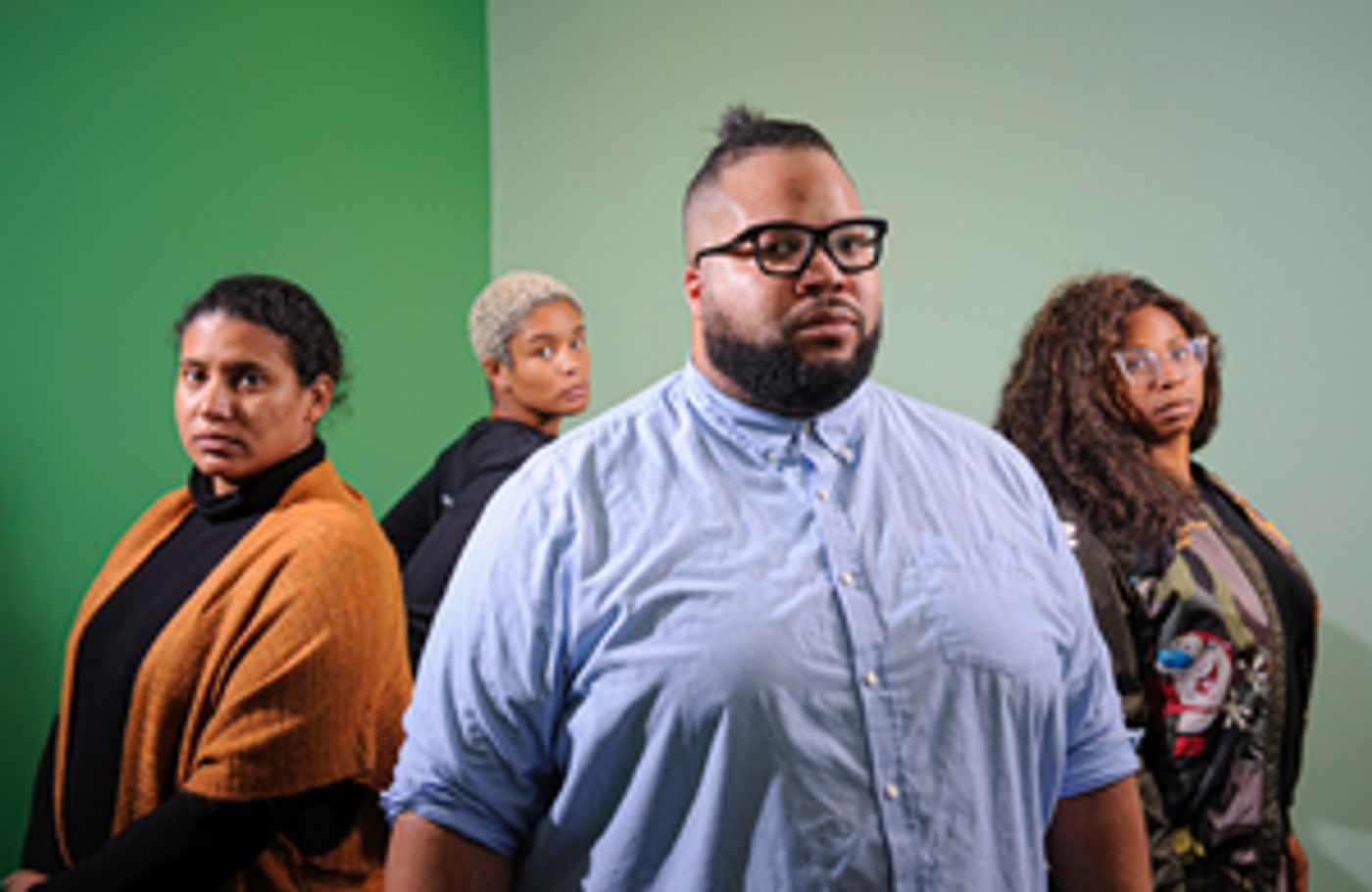Review: WHITE PRIVILEGE at Chain Reaction Theatre Project
Runs from October 22 through November 7

If the past few years have shown us anything, it is that race relations are beyond strained in our country. Our communities are sharply divided, and it can feel like things will never get better. Education is key to opening hearts and minds to the struggles of the BIPOC community, and the play White Privilege (a production from Chain Reaction Theatre Project, running through November 7th across the Metro area) is a valiant attempt to reach out to people who don't (or won't) understand and try to open their eyes to what is right in front of them.
Playwright Malaina Moore wrote White Privilege while attending Marquette University. After seeing a Facebook post that sparked a discussion on what the term "white privilege" means, Moore felt compelled to create a piece that very clearly and bluntly describes what white privilege is, and how so many white people do not realize they have it. Through a series of vignettes, nine actors (four black and five white) act out real-life scenarios of Moore's personal experiences. The play discusses gentrification, cultural appropriation, micro aggressions from "allies" such as teachers or therapists, and how social media has become a battleground.
The play should feel familiar to black and brown audience members - it reflects their day-to-day struggles living in a world that favors white people over all others. For the white audience, it may feel shocking and confusing to see these experiences played out in front of them. But the play is built to make white people uncomfortable, and rightly so. In order to truly understand the differences between the black and white experience, white people need to see it firsthand for themselves. This play is meant to boldly confront those experiences and bring awareness to the audience that will hopefully spark conversation, and more importantly, change.
As a white audience member who considers themselves to be an ally, even I felt jolted by the rawness of the material. The play was staged in the round, so the cast was able to be up close and personal with the audience, often speaking their lines directly to audience members. The cast passionately threw themselves into each scenario, and witnessing white people say racist things right in front of me was upsetting - even though I knew they were acting, it felt real (because it was) and I wanted to turn away. The subtle racism of the white characters who thought of themselves as "good people" was especially cringey, because we all know people who behave that way in real life. Watching a therapist tell a black man to wear a cardigan vest to avoid getting shot was both astonishing and enraging. But to have those types of micro aggressions reflected back to us through a BIPOC lens is important if we want to affect real change. Coupled with talkback sessions that allow the audience to interact with the cast and discuss how the play made them feel or think differently, White Privilege is a wonderful tool to open up channels of communication.
White Privilege is real, and a play like White Privilege is a necessary and welcome addition to the theatre community.
Reader Reviews
Videos

